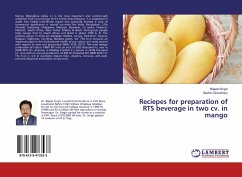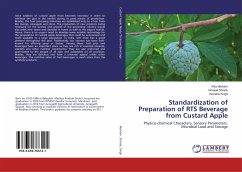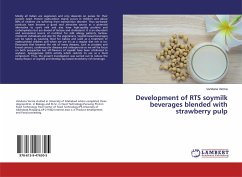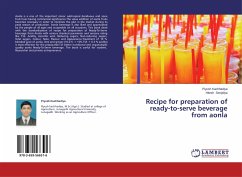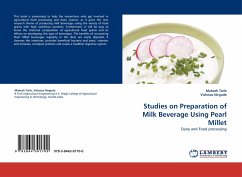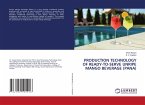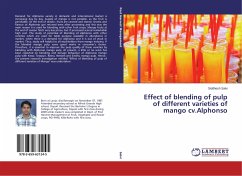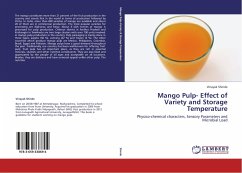Mango (Mangifera indica L.) is the most important and commercially cultivated fruit crop belongs to the family Anacardiaceae. It is originated in south Asia mainly Indo-Burma region and gradually become a crop of commercial significance in several countries like India, Bangladesh, USA (Florida), Indonesia, Philippines, Malaysia, Myanmar, Sri Lanka, Thialand, Pakistan, South Africa, West Indies, Maxico & Brazil. Portuguese people took mango fruit to South Africa and Brazil in about 1700 A. D. The cultivars grown in India are Amrapali, Mallika, Langra, Deshehari, Chausa, Totapuri, Alphonso, Sunderja, Bombey green, etc. This fruit occupies an important place in the Horticultural wealth of our nation and ranks second with respect to area and production (NHB. 2016- 2017). The total mango production of India is 19687 MT with an area of 2263 thousand ha. year in (NHB 2016-17), whereas, in Madhya Pradesh it is grown in 40.08 thousand ha. area with an annual production of 493.36 thousand MT (NHB 2016-17). The fruit is rich in pre-biotic dietary fiber, vitamins, minerals, and poly-phenolic flavonoid antioxidant compounds.
Bitte wählen Sie Ihr Anliegen aus.
Rechnungen
Retourenschein anfordern
Bestellstatus
Storno

